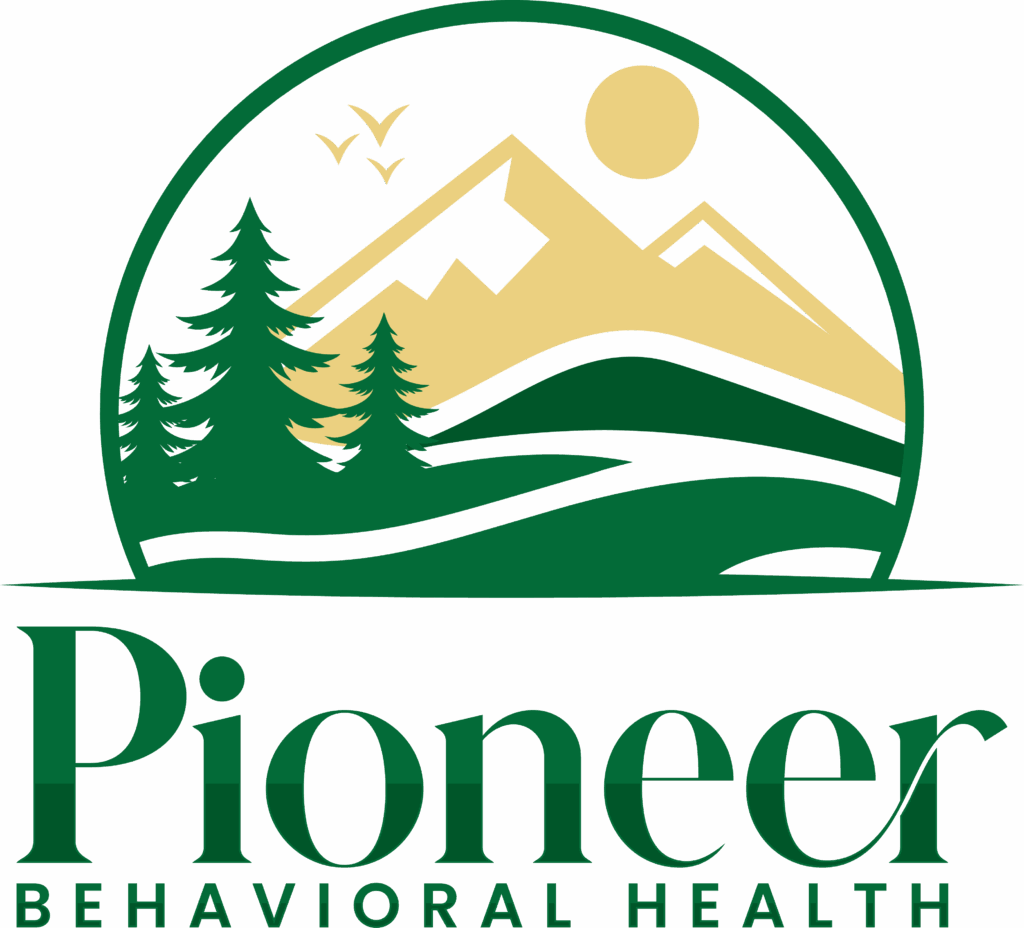Overcoming addiction involves far more than simply putting down drugs or alcohol. It’s a deeply personal and often spiritual transformation that demands healing the emotional wounds left behind by active substance use. One of the most powerful and meaningful steps in this process is making amends—a core component of the 12-step model that has supported countless people on their path to lasting sobriety.
In this article, we’ll delve into the significance of making amends, what the process truly involves, and how to approach it with authenticity, bravery, and compassion.
Understanding Steps 8 and 9 of the 12-Step Program

Introduced by Alcoholics Anonymous (AA), the 12-step framework dedicates two specific steps to the process of making amends:
- Step 8: “Made a list of all persons we had harmed, and became willing to make amends to them all.”
- Step 9: “Made direct amends to such people wherever possible, except when to do so would injure them or others.”
These steps go beyond simply saying “I’m sorry.” They emphasize taking full responsibility, recognizing the pain caused, and taking active steps to rebuild trust and restore relationships.
Why Making Amends Matters in Recovery
The amends process is foundational to emotional healing and reconciliation during recovery. Addiction often damages personal connections through lies, betrayal, neglect, and other hurtful behaviors. Making amends offers an opportunity to begin repairing that damage, fostering forgiveness, and, where possible, restoring relationships. Even when reconciliation isn’t possible, the effort to take responsibility can bring inner peace and closure.
On a deeper level, making amends encourages emotional and spiritual development. Addiction feeds on secrecy, guilt, and shame. Bringing those feelings into the open fosters honesty and accountability. It also reinforces values like humility, integrity, and personal responsibility—essential qualities for a meaningful, sober life.
This process also allows individuals to release the emotional weight of past mistakes. Rather than running from guilt, making amends transforms it into a force for growth and healing. It’s not about forgetting the past—it’s about acknowledging it, learning from it, and building something better.
Types of Amends
The method of making amends will vary depending on the circumstances:
- Direct Amends: When safe and possible, these are made through direct communication—either in person, or via phone or video. This includes taking ownership, expressing regret, and offering a way to repair the harm caused.
- Indirect Amends: When direct contact isn’t safe or feasible, amends can be made symbolically—through unsent letters, donations, volunteer work, or other meaningful acts that reflect a desire to make things right.
- Living Amends: This involves long-term behavioral change. By consistently showing up as a trustworthy and responsible person, individuals demonstrate their growth. For example, a parent may rebuild trust through steady involvement and support.
Common Challenges When Making Amends
Many people face significant emotional hurdles when approaching amends. Fear of rejection is common—the idea of being met with anger or indifference can be paralyzing. But recovery requires courage. Making amends is about doing the right thing, regardless of the outcome.
Uncertainty is another challenge. Some situations are emotionally complicated or unclear. A sponsor, therapist, or peer support group can provide perspective and help you determine the best course of action.
Lastly, revisiting painful memories can stir up shame or sorrow. It’s crucial to approach this step with kindness toward yourself. Making amends isn’t about punishment—it’s about healing and reclaiming your dignity.
The Long-Term Rewards of Making Amends
The benefits of making amends can be profound. One of the most meaningful outcomes is the potential to heal and even strengthen relationships. While not every relationship will be restored, many will improve with genuine effort and humility.
This process also boosts self-esteem. Facing the past honestly and taking steps to right wrongs fosters a renewed sense of self-worth. It shifts your identity from someone who caused harm to someone who takes responsibility and strives to do better.
Importantly, making amends supports lasting sobriety. Guilt and unresolved shame are powerful triggers for relapse. By confronting the past and working to make it right, individuals reinforce their commitment to a better future and remind themselves of how far they’ve come.
A Step-by-Step Guide to Making Amends
Though each situation is unique, here are some general steps to guide the process:
- Create Your List: Reflect honestly on who you’ve hurt. This is an exercise in awareness, not self-condemnation.
- Get Feedback: Share your list with a sponsor or trusted counselor. They can help you decide which amends are appropriate and how to approach them.
- Prepare Yourself Emotionally: People’s reactions will vary. Focus on doing your part with sincerity, not on receiving forgiveness.
- Reach Out Thoughtfully: Communicate clearly and from the heart. Admit your wrongdoing, express remorse, and offer to make it right.
- Let Go of the Outcome: Not all relationships will be mended, and that’s okay. What matters most is your willingness to take responsibility and grow.
Begin Your Healing in Longmeadow, MA

At Pioneer Behavioral Health, we provide compassionate, individualized support to help you approach the amends process in a safe and meaningful way.
Reach out to us anytime at (888) 617-3070 or info@pioneerbh.com. You’re also welcome to visit us in person, 24/7, at 175 Dwight Rd, Longmeadow, MA 01106.
Start reclaiming your peace and integrity today. Recovery isn’t just possible—it starts with one brave step.

